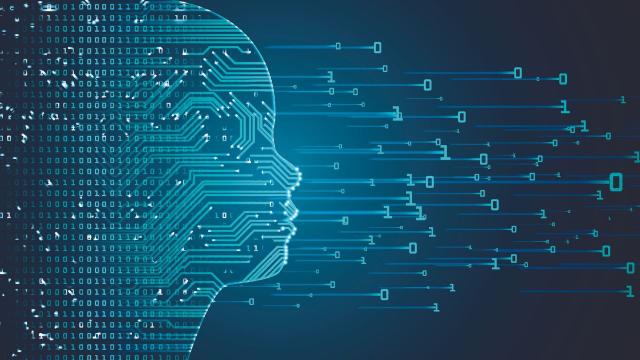Computer scientists have created an AI program that understands simple physical rules about objects, similar to a baby’s understanding.
The research was performed by DeepMind, a London-based artificial intelligence company owned by Google. Google also owns the LamDA AI, which made headlines last month when a computer scientist claimed that it had achieved sentience.
This, however, is a bit of a different story, more about an AI becoming capable of understanding the physics of an object. Before we go any further too, we’ll point out that the AI is a software model known as a “neural network”, comprised of an incredible amount of data. The AI was not a metal, robotic baby. We’re sorry to disappoint.
DeepMind wanted to create a test similar to ones performed on children, to assess their understanding of object motions and gaze. The example nature of provides of this is when children are shown a ball that suddenly appears (the children act surprised, measured by researchers who quantify the length of time infants stare in a particular direction).
This AI, named PLATO (Physics Learning through Auto-encoding and Tracking Objects), was fed images and videos of objects, built to develop an understanding about the physicality of said objects, like their velocity and position. The AI was trained on tens of hours demonstrating the physics of said objects (such as a ball rolling down a slope, or two balls bouncing off each other).
From this training, the AI learned patterns like trajectory and continuity, able to predict how objects would behave in situations.
“At every step of a movie, it makes a prediction,” said Luis Piloto, a computer scientist at DeepMind.
“As it gets further into the movie, the prediction becomes more accurate.”
So, it wasn’t simple enough for the AI to go “oh, the object will just teleport to its end destination, it’s so simple!” No. The AI, Gizmodo Australia has identified, is a cinephile, eager to watch the videos and guess how they’ll end. Heck yeah PLATO you movie-loving bunch of code.
Additionally, as Nature says, the AI was capable of surprise, as indicated when it was shown impossible events, such as objects disappearing.
“We’re hoping this can eventually be used by cognitive scientists to seriously model the behaviour of infants,” added Piloto.
Giving robots object permanence? You love to see it. Unless you don’t.
You can read this study in Nature Human Behaviour.
